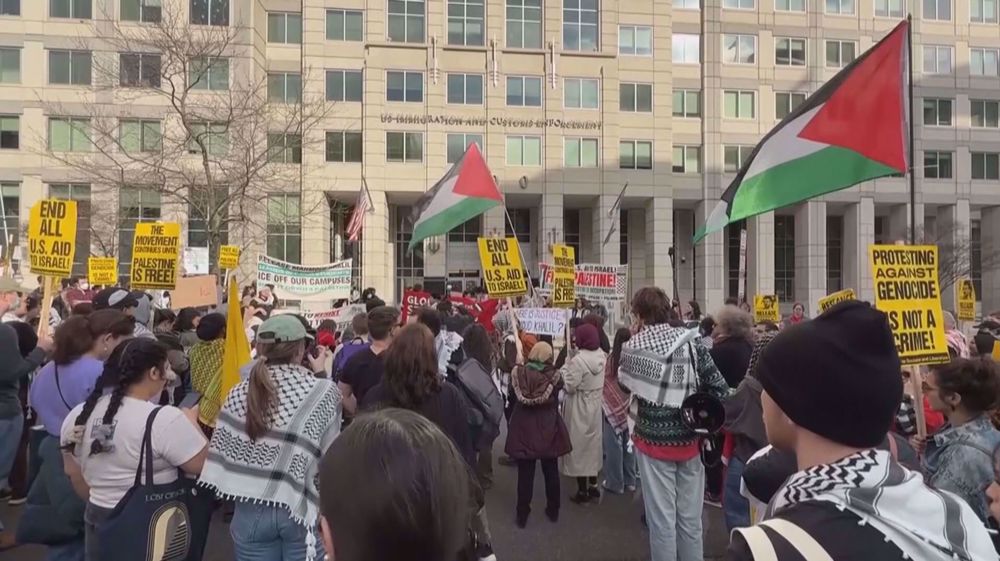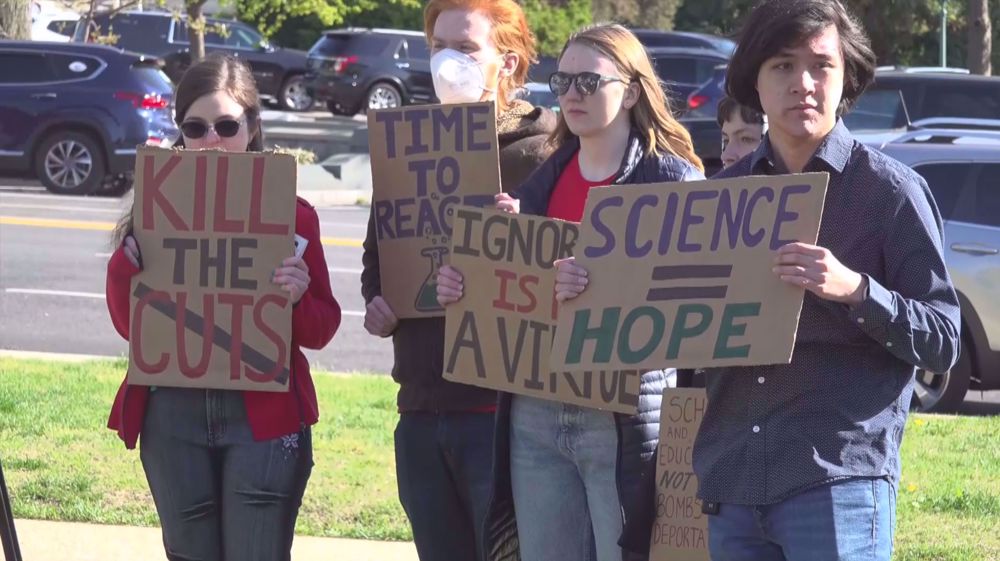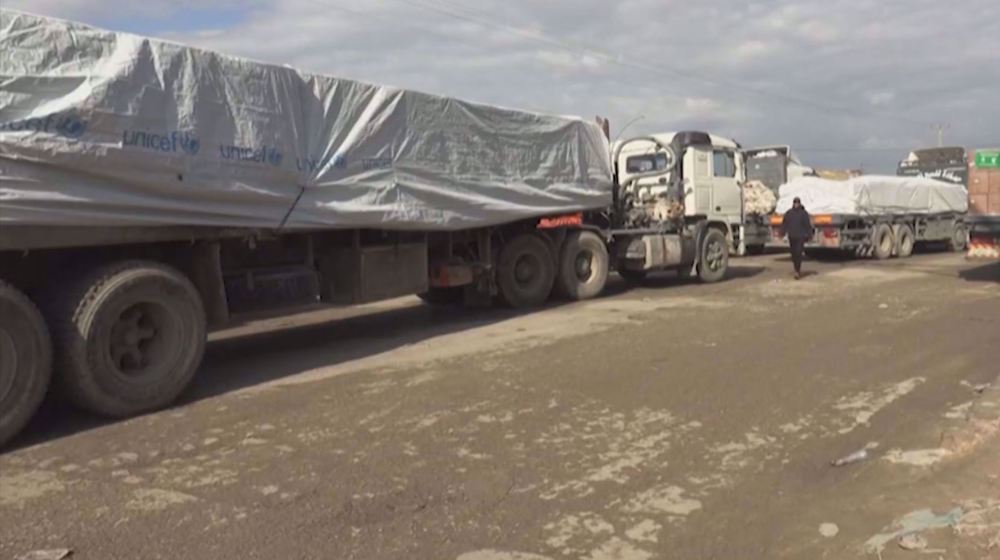Iran to sue US, Israel over assassination of top nuclear scientist
Yusef Jalali
Press TV, Tehran
Iran is probing the assassination of its top nuclear scientist, Mohsen Fakhrizadeh, who was assassinated over a month ago in Tehran. At the same time, families of the slain Iranian nuclear scientists have taken steps to sue the US as the main supporter of the chain assassinations that targeted five Iranian scientists.
The Iranian government said it has identified those linked to the assassination of one of its top nuclear scientists and will retaliate after the investigation is concluded.
Mohsen Fakhrizadeh, a name that defined Iran's nuclear energy program, was assassinated on February 27 east of Tehran. Tehran says it will make the perpetrators regret their mistake.
In terms of "who" was behind the incident, Iran has from the outset pointed the finger at Israel.
Israel has a track record of killing Iranian nuclear scientists since 2010; Fakhrizadeh is the fifth to be targeted.
While Iran has revealed that it has tracked down some of those involved in the attack, families of the slain nuclear scientists have separately initiated a lawsuit at Iran’s Court for International Affairs not against Israel, but against the United States for "systemic support for Israel’s terrorist activities against Iran."
The lead lawyer of the lawsuit says if the case is certified, Iran can freeze American assets in some countries and transfer them as compensation to the families of the victims.
Iran says the assassination of its scientists pursues a single goal: to deal a heavy blow to the country’s nuclear program. But the emotional side effects are even heavier to bear for the families of the victims; like 14-year-old Armita, who lost her father when she was only four. She says she will never forgive those who took away her dreams.
Israel has not commented on any of the assassinations of the Iranian scientists, but as to the last one, it has already spilled the beans on itself. Fakhrizadeh had long been on Israel’s hit list.
This time around, Iran was quick to respond. Days ago, the country resumed enriching uranium to 20-percent purity level, surpassing the 3.67 percent cap set by its 2015 nuclear deal with world powers.
While Tehran interprets the elimination of its nuclear scientists as nothing but an attempt to derail its nuclear program, the hunt for those culpable in Fakhrizadeh assassination is placing the remaining pieces of the puzzle, which observer say is giving stronger clues of an Israeli link to the issue.

Trump's attack on free speech

Trump’s health cuts spark nationwide protests

Israel systematically cripples Gaza NGOs
Iran urges swift end to Israel’s crimes, renewal of ceasefire in Gaza
VIDEO | Press TV interview with Iran deputy FM on Tehran-EU ties
Press TV's news headlines
VIDEO | Palestinian supporters keep marching on
‘Significant’ downturn in Americans’ support for Israel: Poll
Iran, Armenia to hold joint military drills to bolster border security, combat terrorism
VIDEO | Displaced by Israeli assault: A mother’s fight for her children’s survival in Jenin
Unprecedented: Hamas launches legal case in Britain to remove ‘terror’ label






 This makes it easy to access the Press TV website
This makes it easy to access the Press TV website